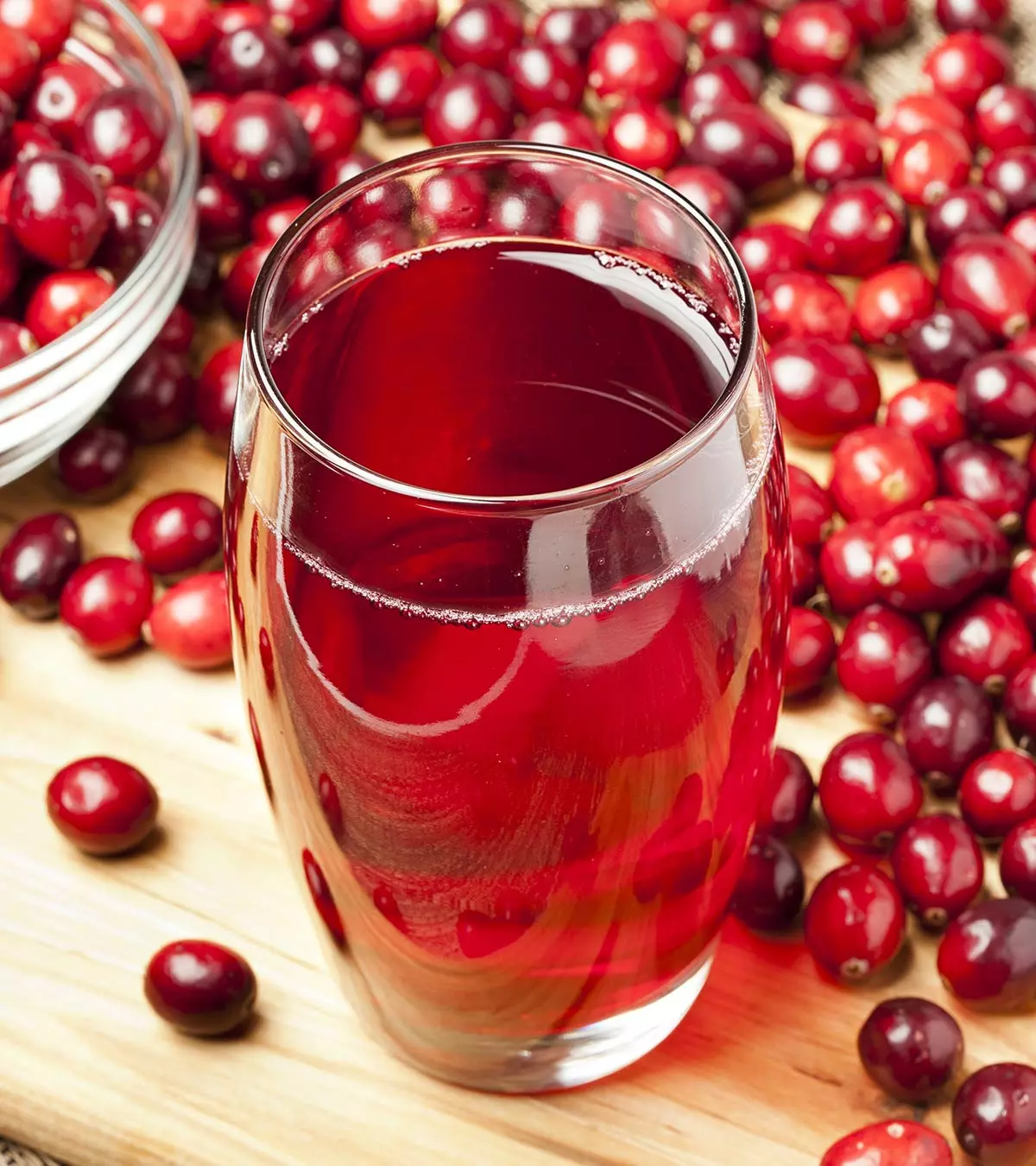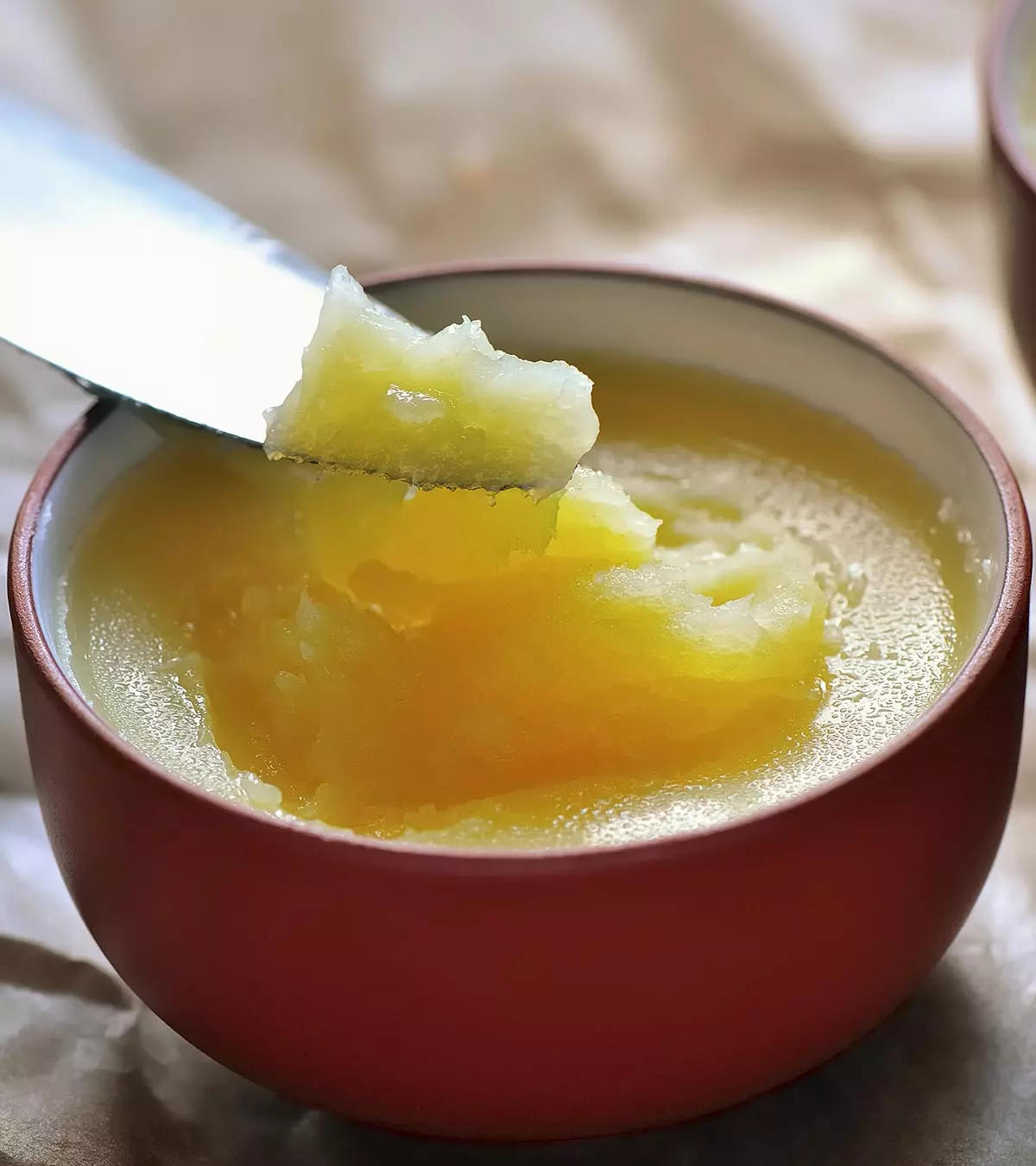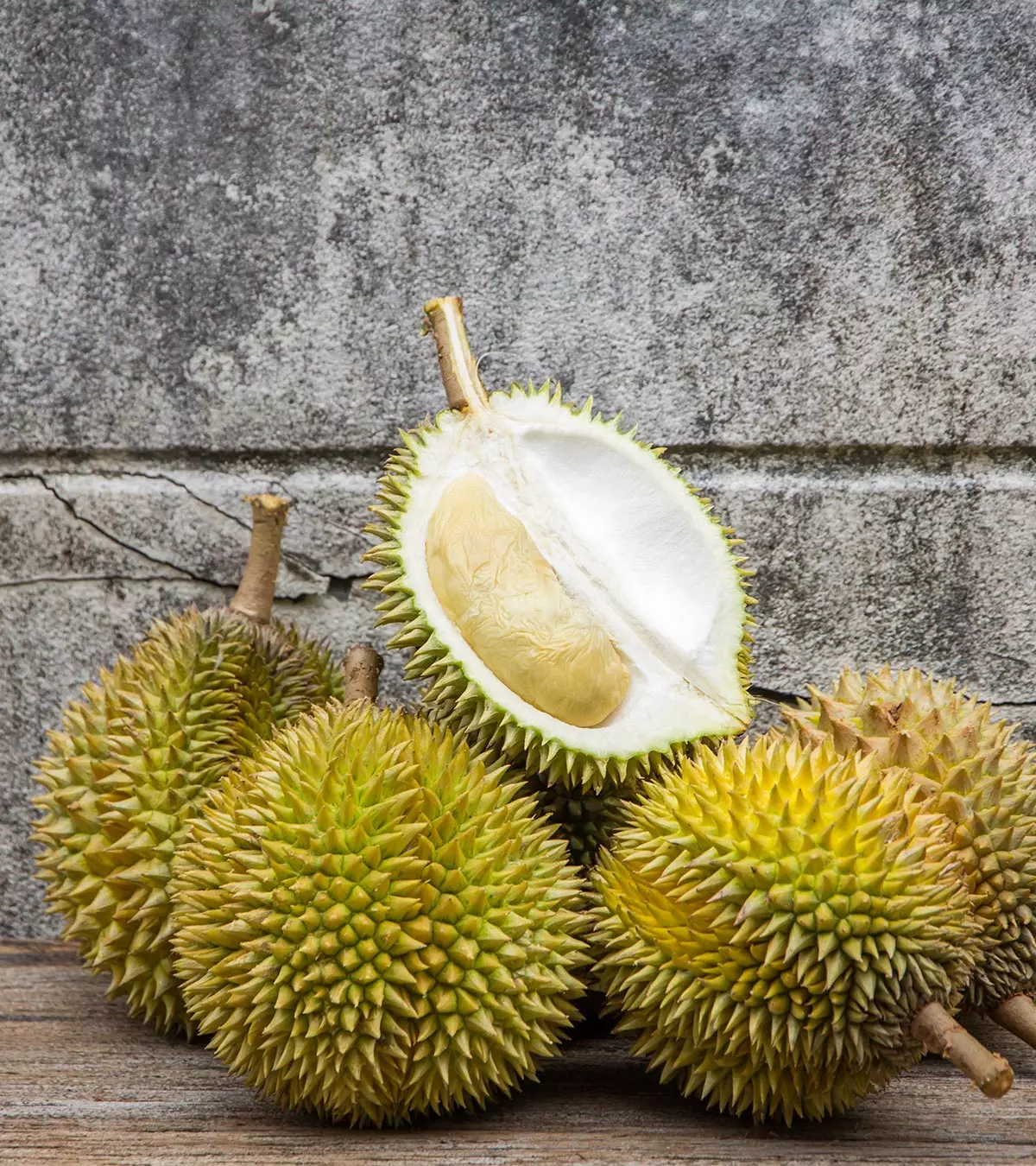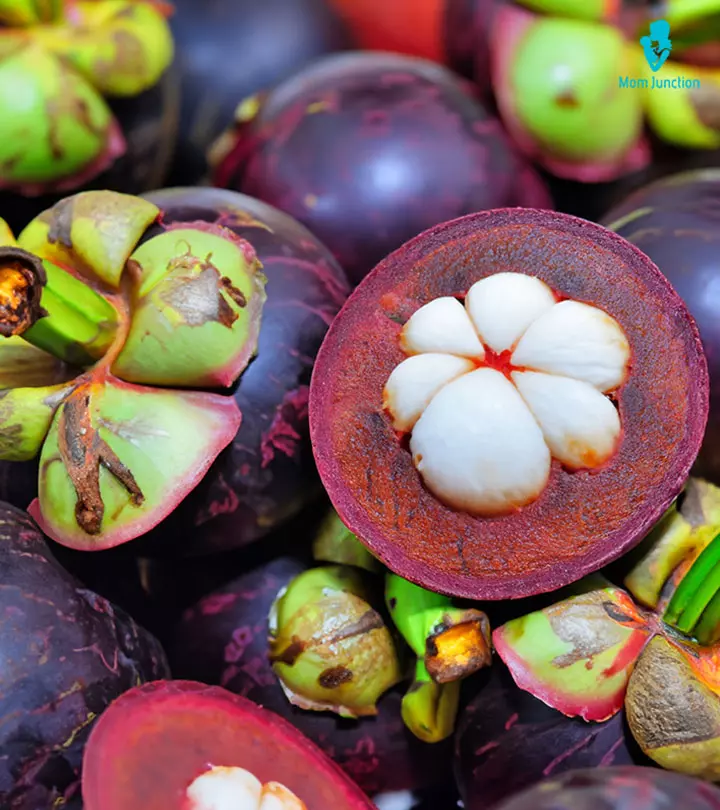
Is bitter gourd safe during pregnancy? This vegetable is also known as Momordica charantia, karela, bitter melon, hangala, kakarakaya and is often consumed as a staple in many Southeast Asian countries. Bitter melon juice is also consumed for its hypoglycemiciThe condition wherein the blood sugar level is too low. properties and nutritional benefits. Although bitter gourd is known for some health benefits, you may include it in the pregnancy diet after discussing it with your healthcare provider.
Read on to understand in detail about having bitter gourd during pregnancy, its effects, nutrition, safe amounts, and ways to consume it.
Key Pointers
- Bitter gourd is safe for consumption during pregnancy, but only after consulting with a healthcare provider.
- Research studies have shown mixed outcomes regarding the effects of bitter gourd during pregnancy.
- Overconsumption of bitter gourd can cause digestive problems, toxicity, and an increased risk of miscarriage.
- Pregnant women may not benefit directly from consuming bitter gourd, and it is advisable to avoid it if trying to become pregnant.
Is Bitter Gourd Safe During Pregnancy?

Image: Shutterstock
Research studies on the effects of bitter gourd during pregnancy have come up with mixed outcomes. For instance, one study states that water extract and ethanol of the fruit and leaf are safe to consume during pregnancy. But it also mentions that the seeds and roots are known to work as a weak uterine stimulant (1). The study also adds that bitter gourd should be avoided by women trying to become pregnant.
As bitter gourd has vitamin C, a potent antioxidant, it helps pregnant women fight against bacteria (1). Thus, it aids in better immunity. But there is no evidence to say that pregnant women can benefit by eating bitter gourd. Similarly, there is also no conclusive evidence that links the vegetable directly with gestational complications and weight management. It may not be harmful to eat bitter gourd occasionally and in moderate quantities. Exercise caution and consult a doctor before consuming the vegetable during pregnancy.
Nutritional Benefits Of Bitter Gourd For Expectant Women
Bitter gourd contains dietary fibers, carbohydrates, protein, vitamins, antioxidants, and other essential minerals, including zinc, calcium, potassium, phosphorus, iron, and magnesium (2), to support a healthy pregnancy. Therefore, it can be added to a balanced diet for pregnant women.
Its high folate (vitamin B9) content could help prevent iron deficiency in the mother and the risk of neural tube defects in the fetus (3). Additionally, the high fiber content of bitter gourd can help maintain digestive health and regulate bowel movement (4).
Moreover, bitter gourd is known to have anti-diabetic, anti-cancerous, anti-microbial, anti-viral, and anti-inflammatory properties (5). Thus, its consumption may help prevent the risk of gestational diabetes and other infections in pregnant women.
Risks Of Eating Bitter Gourd During Pregnancy
Did the doctor tell you not to eat bitter melon during pregnancy? Then they might have considered these risks.
- Digestive problems: Overconsumption can cause diarrhea, bloating, gas, and abdominal cramps. Some people are also sensitive to bitter gourd seeds (6).

Image: Shutterstock
- Toxicity: Bitter gourd contains hepatotoxinsiToxic chemical substances damaging the liver. , which can cause toxicity in some people. (7). The seeds of bitter gourd are surrounded by toxic red arils (6).
- Risk of miscarriage: According to the International Journal of Scientific Research and Reviews, excessive consumption of bitter melon can disturb the uterus and lead to early labor or miscarriage. Also, the bitter taste of the vegetable can create pulsationsiRhythmic throbbing or beating. in the tummy and womb (8).
Frequently Asked Questions
1. Is it safe to drink bitter gourd juice during pregnancy?
According to the International Journal of Scientific Research and Reviews, drinking bitter gourd juice might induce contractions. It could even cause bleeding during pregnancy (8).
2. Are bitter gourd seeds edible?
You should avoid bitter gourd seeds during pregnancy, especially if you have a G6PD (Glucose-6-phosphate dehydrogenase) deficiency. The seeds contain a chemical known as vicine that could lead to favism in those having G6PD deficiency. It is known to cause anemia, fever, headache, and stomach pain and can also lead to coma in some (9).
3. Is it safe to eat raw bitter gourd/bitter melon during pregnancy?
Raw bitter gourd with seeds contains vicine, a chemical that may cause an intense reaction called favism, affecting pregnant women adversely (8). Therefore, pregnant women should avoid consuming raw bitter gourds.
4. Is bitter gourd good for fertility?
Animal studies show bitter gourd might adversely affect fertility (10). However, more research is needed to understand bitter gourd’s effect on human fertility and make specific recommendations for expecting women.
5. Can bitter gourd cause gas, indigestion, and heartburn during pregnancy?
Traditionally, bitter gourd is used as a digestive stimulant and is not known to cause gas, heartburn, or problems in digestion (11). Still, pregnant women should consume well-cooked bitter gourd in moderation to avoid adverse effects.
6. Can bitter gourd during pregnancy reduce gestational diabetes?
Traditional medicine uses bitter gourd to regulate blood sugar and insulin levels and treat/manage diabetes (12). Some studies also show promising results. However, more studies are needed to conclude that eating bitter gourd can help deal with gestational diabetes.
7. Will I get cramps if I eat bitter gourd during pregnancy?
Bitter gourd is known to be a mild uterine stimulant (1). Therefore, its excess consumption may cause cramping, especially in sensitive individuals, such as pregnant women. However, not all pregnant women will experience cramping after eating bitter gourd.
Several animal studies have shown that bitter gourd is not completely safe for pregnant women as it acts as a mild uterine stimulantiDrug that increases the frequency and intensity of uterine contractions. , increasing the risk of miscarriage. It can also induce toxicity and intestinal problems. You should even avoid bitter gourd seeds during pregnancy, especially if you have a G6PD deficit (glucose-6-phosphate dehydrogenase deficiency). However, if you still want to eat bitter gourd during pregnancy, don’t overeat. Consult a healthcare professional before making any dietary changes, especially with foods like bitter gourd that have mixed safety reports.
Infographic: Advantages of Bitter Gourd For Pregnant Women
Eating bitter gourd or bitter melon during pregnancy can have potential benefits because of its nutrient-enriched profile. Check out the infographic below to learn about the benefits it could offer to pregnant women. But don’t forget to consult a doctor before adding bitter gourd to your diet. Illustration: Momjunction Design Team
Illustration: Bitter Gourd (Karela) In Pregnancy: Does It Lead To A Miscarriage?
_in_pregnancy_does_it_lead_to_a_miscarriage_illustration.jpg.webp)
Image: Stable Diffusion/MomJunction Design Team
References
- S U Rakesh P R Patil and V R Salunkhe; Momordica Charantia Linn – A Comprehensive Review (2009)
https://rjpponline.org/HTML_Papers/Research%20Journal%20of%20Pharmacognosy%20and%20Phytochemistry__PID__2009-1-2-3.html - Balsam-pear (bitter gourd) pods raw; USDA
https://fdc.nal.usda.gov/fdc-app.html#/food-details/168393/nutrients - Folic Acid: the Vitamin That Helps Prevent Birth Defects; New York State; Department Of Health
https://www.health.ny.gov/publications/1335/ - The Health Benefits of Bitter Melon; Cleveland Clinic
https://health.clevelandclinic.org/bitter-melon-benefits - Madhu Gupta et al.; MOMORDICA CHARANTIA LINN. (KARELA): NATURE’S SILENT HEALER; International Journal of Pharmaceutical Sciences Review and Research (2011)
https://globalresearchonline.net/journalcontents/volume11issue1/Article-007.pdf - Bitter Melon; University of Colorado Denver
https://www.ucdenver.edu/academics/colleges/pharmacy/currentstudents/OnCampusPharmDStudents/ExperientialProgram/Documents/nutr_monographs/Monograph-bitter_melon.pdf - K. H. Tennekoon et al.; Effect of Momordica charantia on key hepatic enzymes; Journal of Ethnopharmacology (1994)
https://www.ncbi.nlm.nih.gov/pubmed/7853870 - D. Ghosh and S. Ghosh; Forbidden Foods for Healthy Pregnancy; International Journal of Scientific Research and Reviews (2018)
http://www.ijsrr.org/down_1426.php - H. Parildar R. Serter and E. Yesilada; Diabetes mellitus and phytotherapy in Turkey; Journal of Pakistan Medical Association
https://www.semanticscholar.org/paper/Diabetes-mellitus-and-phytotherapy-in-Turkey.-Parildar-Serter/d511c4f1659f2f6aa4d67436bdede457475ea9f5?p2df - Massimo Bortolotti, Daniele Mercatelli, and Letizia Polito; Momordica charantia, a Nutraceutical Approach for Inflammatory Related Diseases; Frontiers (2019)
https://www.frontiersin.org/journals/pharmacology/articles/10.3389/fphar.2019.00486/full - Bitter Melon; PeaceHealth (2015)
https://www.peacehealth.org/medical-topics/id/hn-2043009 - Edward O Uche-Nwachi and Carol McEwen; Teratogenic Effect of the Water Extract of Bitter Gourd (Momordica Charantia) on the Sprague Dawley Rats; National Library of Medicine (2009)
https://www.ncbi.nlm.nih.gov/pmc/articles/PMC3005383/
Community Experiences
Join the conversation and become a part of our nurturing community! Share your stories, experiences, and insights to connect with fellow parents.
Read full bio of Dr. Shikha Sharma
Read full bio of Swati Patwal
Read full bio of Rebecca Malachi
Read full bio of Aneesha Amonz
















